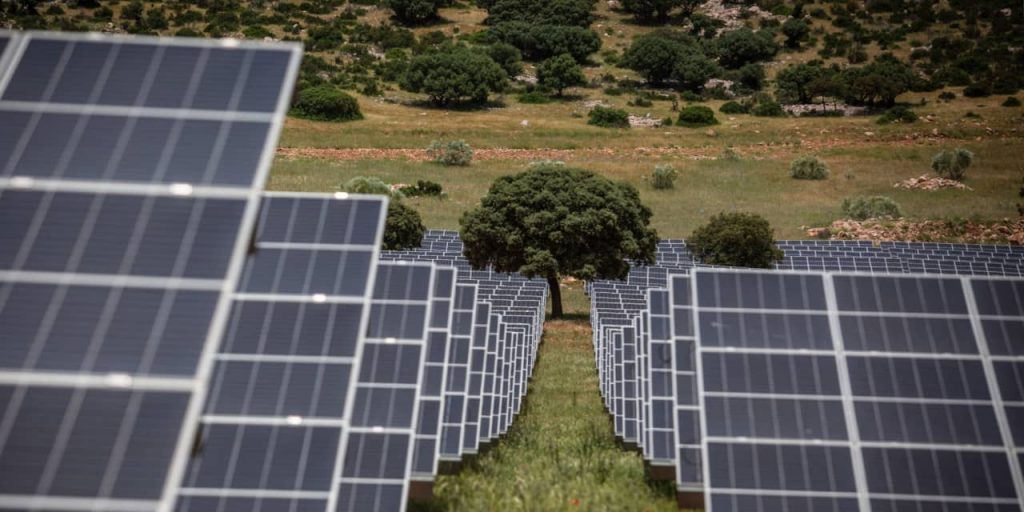Investors yanked a record $13 billion from U.S. sustainable funds in 2023, stung by mediocre performance and the continuing backlash against environmental, social, and governance investing.
Last year was the worst calendar year for outflows since Morningstar started keeping track more than a decade ago.
Steep outflows from one passive iShares ESG fund accounted for a substantial portion of the outflows, according to Morningstar.
Poor performance was the biggest drag. Sustainable equity funds generally lagged behind their conventional peers in 2023, though not by as large a margin as in 2022.
Alyssa Stankiewicz, associate director for sustainability research at Morningstar, said some investors mistakenly believed “ESG was a silver bullet to outperformance,” adding, “it isn’t realistic to expect that from any investment strategy, but I think it is definitely something that took people by surprise in 2022 and 2023.”
The median sustainable large-blend equity fund gained 20.8% in 2023, versus 23.9% for the overall category, which includes sustainable and conventional funds, and compared with 26.9% for the Morningstar U.S. Large-Mid Cap Index.
Sustainable funds that held some of last year’s big winners, including software giant
Microsoft
and graphics processor manufacturer
Nvidia,
enjoyed a boost to performance.
But funds with hefty allocations to clean-energy stocks suffered as the sector endured a drubbing. Higher interest rates made it more costly for renewable energy companies to borrow money and expand capacity.
The Invesco WilderHill Clean Energy exchange-traded fund—a green-power benchmark—was down 20% for the year compared the
S&P 500’s
return of 26%, including dividends.
Poor performance was coupled with simmering backlash against ESG strategies.
Sustainable investing has been at the center of a lot of political debates over the past year, contributing maybe to some investor skepticism or hesitation,” said Stankiewicz.
In the latest salvo, Republican lawmakers in New Hampshire introduced a bill that would make using ESG criteria in state investment funds a crime.
One fund—
BlackRock’s
iShares ESG Aware USA ETF—accounted for a large portion of the outflows from sustainable funds last year. The $13.5 billion fund tracks the MSCI USA Extended ESG Focus Index and screens out companies involved in certain business lines, including tobacco, controversial weapons, and the production of thermal coal, according to the prospectus.
Investors pulled more than $9 billion from the ETF during the year. However, Morningstar noted the outflows followed a change in BlackRock’s flagship target-allocation ETF model portfolios, which mostly replaced
iShares ESG Aware MSCI USA ETF
with a different ETF, the iShares USA Quality Factor.
BlackRock confirmed the trade from the ESG ETF to the quality factor ETF.
The world’s largest asset manager, with $10 trillion under management, has endured fierce blowback from Republican states about its ESG investing practices.
Despite outflows, assets in sustainable funds climbed to $323 billion at the end of 2023. This represents a nearly 12% decline from the record at the end of 2021 but an 18% increase from the low in the third quarter of 2022, said Morningstar.
For the second consecutive quarter, more sustainable funds closed than launched. In the fourth quarter, seven new sustainable funds were launched and one existing fund was added to the sustainable funds landscape. During the same period, 16 sustainable funds closed.
Write to Lauren Foster at lauren.foster@barrons.com
Read the full article here



